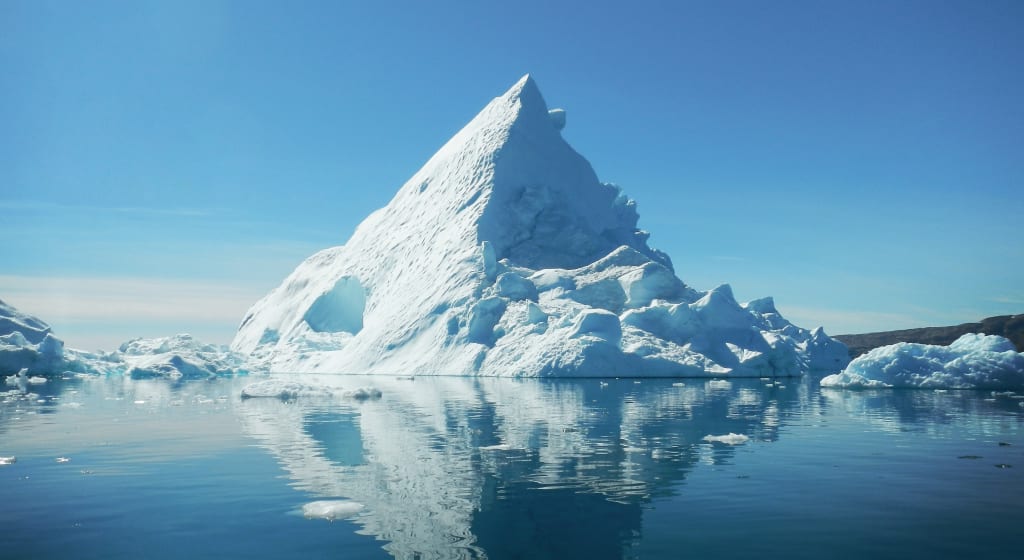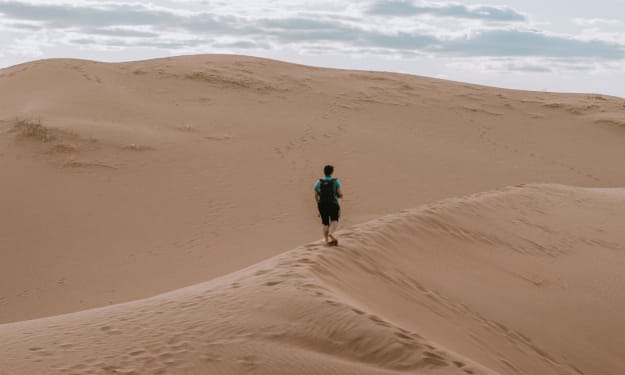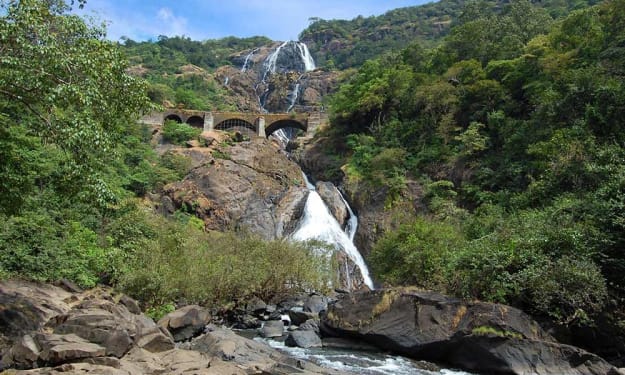Arctic Meltdown
Why Borders Matter More Than Ever

I am currently located on an island near the North Pole with the purpose of investigating the ownership of the Arctic. The melting ice in this region has caused a significant reduction in its size, and one country, Russia, has demonstrated their willingness to fight for their rights in the Arctic. This area is considered to be the Wild West, with investment opportunities emerging in the Russian Arctic, a region of strategic and economic significance. The rate of melting is only accelerating, and Russia is projecting its power in the area. Diplomacy should be used to avoid further conflict in the High North.
Despite being owned by the Russian government, the coal mine in Barentsburg, on the island of Svalbard, is not situated in Russia but exists for strategic reasons. This place, which has been losing money for decades, is funded by Russia as it provides them with influence in the region. The Arctic Ocean, which is melting due to the changing climate, is seen as an opportunity by Arctic nations as it provides access to a new ocean. Geologists predict that the Arctic holds a significant amount of undiscovered natural gas and oil, estimated at 30% and 13%, respectively, by the US Geological Survey. Although these resources are still remote and costly to access, they are becoming increasingly accessible every year, making this once desolate region very attractive to the world.
New shipping routes are also emerging, and the once frozen Arctic Ocean is now navigable for longer periods during the summer months, reducing travel time between Asian and Western markets. The issue of borders in the Arctic region is complex and still subject to discussion and negotiation. Currently, every country is granted maritime borders that are 200 nautical miles off their coast, and the remaining water is open to anyone who can prove their ownership, with the continental shelf being a significant factor in determining ownership.
Countries are sending submarines to gather data on the continental shelf and submitting scientific claims to a UN committee for review. This process helps to determine the new borders of each country, including Canada's. Norway and Iceland are the only two nations whose claims have been submitted and approved by the UN, but others have submitted claims that are awaiting approval. However, some claims, such as those of Russia and Greenland (which belongs to Denmark), significantly overlap, and Canada is currently gathering data to submit its claim, which is also expected to overlap with these areas.
A committee of scientists, rather than diplomats, evaluates claims related to the Arctic. Their job is to determine the scientific validity of these claims, after which countries negotiate how to divide the area. Russia has expressed interest in extending their claim to the North Pole and planted their flag there in 2007. As the largest player in the Arctic with the most to gain from global warming and melting ice, Russia is renovating and fortifying military outposts, including 50 airfields and training special forces. However, the US and NATO have not responded sufficiently to Russia's increasing military presence. While Barentsburg on the island of Svalbard is not a military facility, it serves a similar purpose. Though technically belonging to Norway, the Svalbard treaty allows any country that has signed it to have its people on the land and exploit it economically. No nation is allowed to have military assets on the island, but Russia set up a coal mine there to have a seat at the table during discussions about boundaries or potential oil discovery. Barentsburg is a Russian bargaining chip in their claim to the land. Despite its strategic importance, the people living in Barentsburg are not thinking about geopolitics and are unaware of Russia's long-term strategy for the Arctic. Coal has been Russia's main economic activity on Svalbard, but they are pivoting to tourism as coal declines. Renovations to the Russian consulate in Barentsburg indicate that Russia expects the village to become a major tourist destination, but their motivation is not solely profit. It is unlikely that Barentsburg will support itself without government funding.
Denying the possibility, Russia is investing in soft power in Barentsburg by refurbishing buildings, creating Arctic-themed bars and museums that showcase the country's influence in the region. This cultural projection helps establish associations and exert influence, which is referred to as soft power. Despite being located on a Norwegian island, funding such initiatives highlights Russia's soft power. This complements Russia's surge in hard power in the Arctic, which includes military buildup, the largest long-range air patrols, and more military vehicles, ships, submarines, and aircraft. It is unclear what Russia aims to achieve in the Arctic with this massive military buildup, but it's evident that Russia needs a stable cooperative environment to benefit economically. However, the government's provocative behavior in the region, such as annexing Crimea, raises concerns about the possibility of conflict. As the region becomes more valuable due to melting ice, new borders will be drawn, and new opportunities to project power will emerge. It's crucial to hope that Russia continues to play by the rules.
About the Creator
Bob Oliver
Bob is a versatile writer & communicator passionate about exploring diverse topics & perspectives. I have written for various media outlets. And I believes in using words to inspire positive change. #writing #communication #passion
Enjoyed the story? Support the Creator.
Subscribe for free to receive all their stories in your feed. You could also pledge your support or give them a one-off tip, letting them know you appreciate their work.






Comments
There are no comments for this story
Be the first to respond and start the conversation.